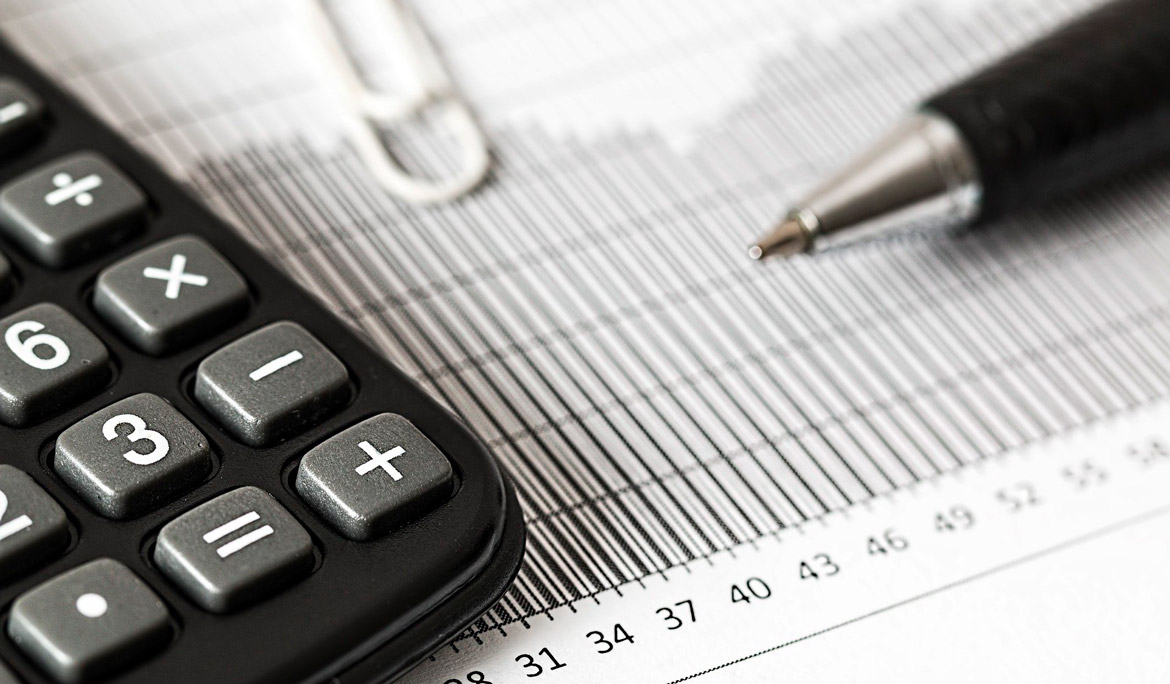If you’ve been considering investing in Andorra, one of the factors that probably made you choose our country is the low tax burden compared to your place of residence. The good quality of life, natural surroundings and ideal geographical location between Spain and France are just some of the other aspects that are most attractive to people looking to invest in our small country.
Table of contents:
- Taxation in Andorra
Corporate tax in Andorra
Personal Income Tax
IGI: Andorran VAT
Income tax for non-residents in Andorra
Taxes on real estate
Local taxes in Andorra
Other things to know about taxation in Andorra
Taxation in Andorra
Andorra has a tax system that is fully comparable on an international level, which is advantageous for both individuals and companies resident in the country. In a ranking assessing the tax burden of the 190 countries that make up the IMF, the principality was ranked 20th in 2020.
We have direct and indirect taxes, as well as other local taxes collected by the Comú (town council) of each municipality.
One of the most recent measures taken by the Andorran administration, has been the digitalisation of tax returns to modernise and streamline the process.
For this reason, a special web portal has been set up for citizens and companies to allow them to file all their taxes. Despite the improvement in tax processing, we recommend delegating this to specialised companies to ensure the correct and timely management of all these tax procedures.
Corporate tax in Andorra
Compared to neighbouring countries, Andorra has some of the lowest corporate tax, which makes setting up a company in the principality an attractive option.
It is regulated by Andorran Corporate Tax Law, which sets a general rate at a maximum of 10% on profits. This tax applies to all companies, regardless of their legal form, size or activity.
Personal Income Tax
Personal income tax (IRPF) is a direct tax on the income of tax residents in Andorra. It applies to income derived from economic activities, investments, leasing, pensions, etc. The tax brackets are calculated based on the annual income received and a progressive rate is applied:
– Up to €24,000, tax is 0%.
– Between €24,000 and €40,000 is taxed at 5%.
– €40,000 and above, the tax rate is 10%.
Tax returns must be filed between April and September.
IGI: Andorran VAT
General indirect tax (IGI) on products and services in Andorra is 4.5%, while the European average is around 21%.
The settlement of this tax depends on the annual turnover of the company. Companies with a turnover of less than €250,000 per year must pay their IGI every six months, in January and July. Companies with a turnover of between €250,000 and €3,600,000 pay on a quarterly basis, and companies with a turnover of more than €3,600,000 pay monthly in arrears.
In addition to the general IGI of 4.5%, there are three reduced rates:
• Super-reduced: at 0%, applies mainly to health and education products and services, as well as to the transfer of a first home.
• Reduced IGI: at 1%, applies to products such as food.
• Special IGI: with a tax burden of 2.5%, covers services for the transport of persons or the provision of educational, cultural or social services that are not provided by public administrations.
• Increased IGI: at 9.5%, applies to banking and financial services.
• There is also a new rate of 3.5%, for the purchase of property for rental.
For more information on IGI, see our blog article.
Income tax for non-residents in Andorra
If you provide services in Andorra and are non-resident for tax purposes, you are subject to IRNR. The rate is 10%. It is also payable by cross-border workers from Spain and France.
Taxes on real estate
If you own a property in Andorra, or if you intend to buy one, you will have to bear in mind the following taxes.
• Capital gains tax
Capital gains tax is levied on the profit made in a transfer of real estate.
The tax base is between 1% and 15% on the positive difference between the real value of the property transferred and its acquisition value.
It is applied according to the length of time you have owned the property:
– If you sell your property within the first year, it is 15%.
– Within the first two years, it is 13%.
– It is 10% if you sell your property within 3 years of purchase.
– After 3 years, it decreases by 1% each year.
• The ITP: tax on the transfer of real estate
This tax is levied on the transfer of real estate, the creation and the transfer of rights in rem over real estate. It is payable by anyone who acquires real estate, transfers rights over real estate or creates and transfers rights in rem over real estate. The basis of taxation is the actual value of the property at the time of creation or transfer. The tax rate is 4% (1% is collected by the government and 3% by the municipality).
• The tax on empty property
If you intend to invest in real estate in Andorra, you should be aware that there is a tax to regulate the rental housing market. This tax is new, and was introduced at the end of 2019. It must be paid by owners who leave a property empty for 2 years without a justified reason. Those who can prove that it is their second family home, that they use it as a tax domicile, that it is a property linked to a commercial activity or that it is empty for health reasons are exempt from this tax.
We tell you all about the IHB (Impost sobre els habitatges buits) in this article.
Local taxes in Andorra
As we mentioned earlier, the main taxes are national, but there are some that are levied by the different municipalities and vary according to the criteria of each town council. The most important are:
• “Foc i lloc”: this tax is levied on permanent residence within the area of each municipality. It is paid by people between the ages of 18 and 65, and each Comú sets its own rates, which may not exceed €50 per person per year.
• Sanitary and public lighting tax: this is applied locally to both natural and legal persons resident in each municipality.
• Tax on the location of commercial, business and professional activities: this applies to owners of businesses, companies and those practising a liberal profession. The calculation is based on the total square metres of the area where the activity is carried out, weighted by a location index.
• Tax on income from tenants: this applies to both individuals and business owners who receive rent for a property. It is levied at a rate of 3% and is also paid annually.
• Property tax: this is paid by property owners. It is levied at a fixed rate per square metre.
Other things to know about taxation in Andorra
• The principality has signed agreements with several countries to avoid double taxation. You can consult them here.
• There is no wealth or inheritance tax in Andorra.
In terms of taxation, Andorra is a very attractive country for investment. When embarking on a project, it is important to understand the advantages to make the most of your investment, as well as the conditions of the country where you intend to establish yourself.
At Advantia Assessors, we have over 15 years’ experience and have witnessed the country’s fiscal transformation first hand. As a result, we can guide you through the entire process. If you have any doubts about taxation in Andorra, please do not hesitate to contact us.



